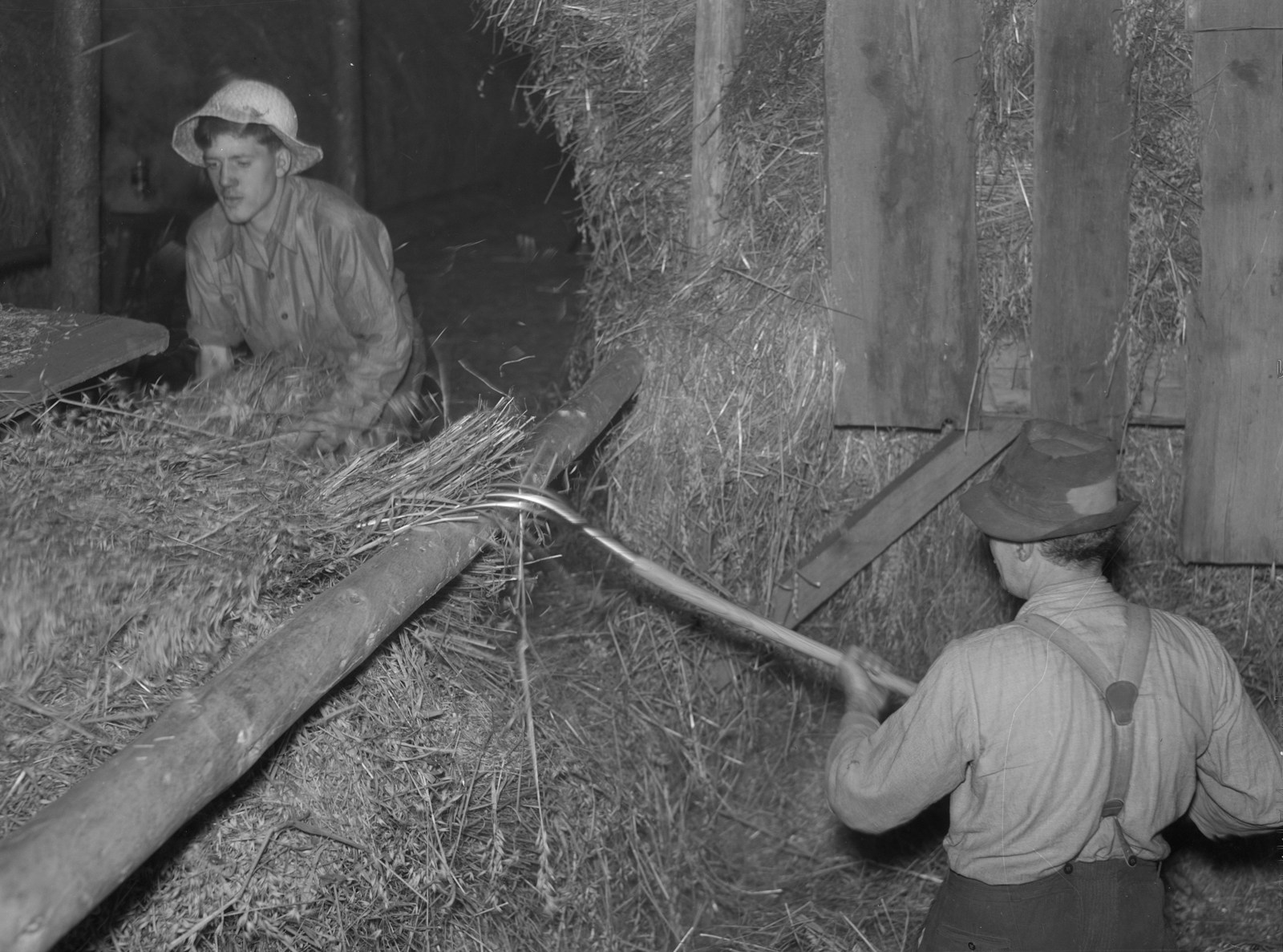
trillar

thresh
The Spanish word 'trillar' translates to 'to thresh' in English. It is primarily used in an agricultural context to refer to the process of separating grains or seeds from the plant or from the husks or pod that naturally contains them. For instance, after harvesting, one may 'trillar' wheat or rice. This action-based verb is rarely used outside of this specific context and has no commonly used metaphorical or figurative connotations.
Example sentences using: trillar
El campesino necesita trillar el maíz para separar el grano.

The peasant needs to thresh the corn to separate the grain.
In this sentence, 'trillar' is used literally to mean the process of separating grain from corn. This is a task common in agricultural contexts.
Hay que trillar el trigo antes de poder usarlo para hacer harina.

You have to thresh the wheat before you can use it to make flour.
In this example, 'trillar' is used to refer to the process of threshing wheat, a necessary step in preparing the grain to be turned into flour.
Después de trillar la cebada, los granos están listos para ser molidos.

After threshing the barley, the grains are ready to be ground.
Here, 'trillar' refers to the threshing of barley, a process that is required before the grains can be ground into a finer substance.